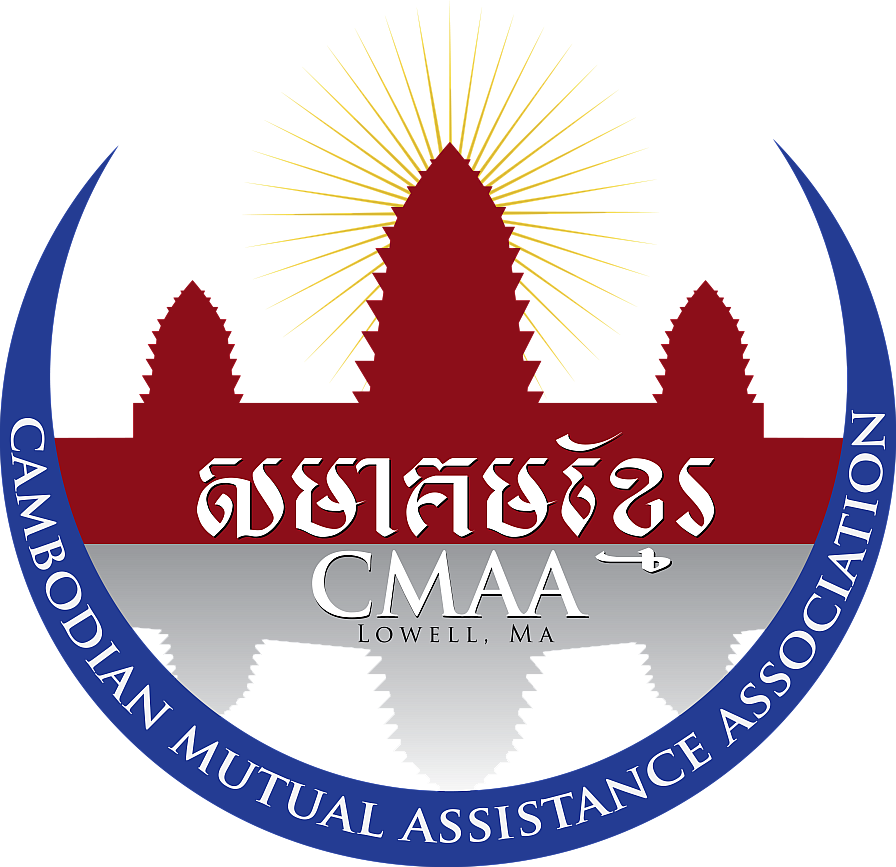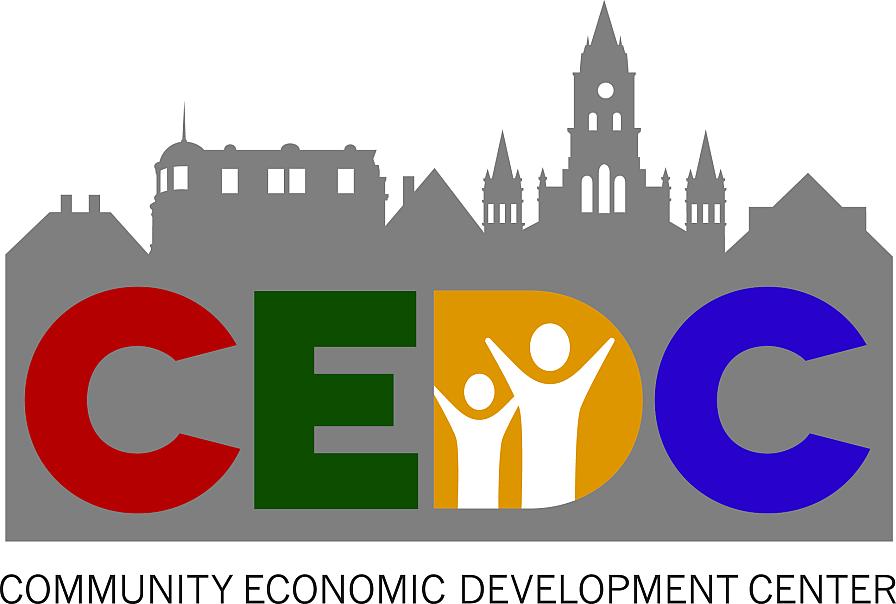
The Social Innovation Forum (SIF) is incredibly proud of the work Social Innovators are doing every day. During this crisis, their efforts to maintain connections with their community members and ensure their programs continue to operate while they also pivot to meet new, immediate needs with fewer resources make it exceptionally clear their work is more important than ever. Many of our funders and volunteers have stepped up with support while others are asking, “How can we help?”
With that in mind, we will regularly share stories from our current cohort of 2020 Social Innovators and Alumni organizations, spotlight members of our funder portfolio who have responded quickly and effectively, and offer additional resources that can help you reflect on a range of different perspectives and experiences of those in our community during the COVID-19 crisis. As you receive these updates, we hope that you will respond and reach out about how you can offer support.
SIF Updates & Events
Nominate a Nonprofit for the Social Innovator Accelerator today!
The Social Innovator Accelerator is SIF's flagship program that provides a unique opportunity for innovative nonprofits to gain visibility, expand their networks, and build capacity. Each year, we select a cohort of Social Innovators through a six-month evaluation process that brings together a range of stakeholders, including funders, practitioners, and leaders from business and academia. Once selected, each Innovator receives access to cash and in-kind benefits valued at $150,000 over the course of 24 months. Visit our website to learn more about the program and to submit nominations for this year’s cohort.
Evaluating Progress for Continuous Learning: Lessons Learned from our 2018 Social Innovators
On Tuesday, July 14 please join us for a virtual funder learning event to deepen our understanding of the role of performance measurement and consider how evaluation can be used for continuous learning and improvement. This session will be facilitated by Yvonne Belanger, Director of Learning and Evaluation at the Barr Foundation. For more information or to RSVP, click here.
SIF team embarks on a 21-Day Racial Equity Habit Building Challenge
As part of our organization's commitment to advance racial equity within our community, the SIF team is participating in Debby Irving's, 21-Day Racial Equity Habit Building Challenge. For 21 days, we will spend time as a whole team reflecting on power, privilege, supremacy, oppression, and equity. In our workspace, our team is working towards having more open conversations about race for continuous learning and appreciation of diversity. We hope many of you will consider participating and even gathering together with your friends or colleagues for a group discussion.
Updates from our Portfolio Organizations
The COVID-19 crisis has brought unique challenges to immigrants and their families across the country who already endure hardships on the daily. This is the second of two emails that feature organizations in our portfolio who are making important pivots to their work with the goal of keeping immigrants safe, protected, and increasing their access to critical resources during the crisis. We are pleased to be sharing the work of organizations strengthening the immigrant community in Lowell and New Bedford.
Cambodian Mutual Assistance Association, a 2016 Social Innovator

Cambodian Mutual Assistance Association of Greater Lowell, Inc.’s (CMAA) mission is to improve the quality of life for Cambodian Americans, other minorities, and economically disadvantaged communities within the city of Lowell through educational, cultural, economic, and social programs. The COVID-19 crisis has caused all CMAA programs and services to be either suspended temporarily or transitioned to remote settings but CMAA is staying connected with their clients in new ways. This includes check-up phone calls, virtual meetings in Zoom, and conducting COVID-19 relief efforts. CMAA is also helping clients with filing for unemployment, completing citizenship applications, and conducting emergency supply drop-offs.
Throughout these last few months, CMAA staff have worked tirelessly to apply for numerous grants and achieve an adequate amount of funding to continue its services. These funds are utilized by the team to properly allocate necessary resources directly to the community. Additional monetary support will be directed to funding CMAA programs and ensuring all families within their community get the support they need. CMAA is also accepting donations of essential items such as non-perishable food items, face masks, hand sanitizers, hygiene products, etc.
As of now, people can donate through the following:
Check made to CMAA and mailed to 465 School St, Lowell, MA 01851
Make a donation here!
For additional information or questions please contact Sovanna Pouv at spouv@cmaalowell.org.
Community Economic Development Center, a 2017 Social Innovator

The Community Economic Development Center (CEDC) is located in the North End of New Bedford and helps new immigrant families and long-term residents find their way to economic opportunities through skill-building, providing access to critical resources, and by promoting neighborhood revitalization. Many of the families the CEDC works with are essential workers in seafood processing, grocery stores, and health care, putting them at continued risk for Covid-19. Additionally, these workers often live in shared housing that makes quarantine difficult. Others have lost their jobs and are not eligible for unemployment or for stimulus payments and are now facing food insecurity and homelessness. While operating remotely, the CEDC team is meeting the needs of their community by providing direct services through a live hotline, remote telephone consultation, and online support.
Prior to COVID-19, the CEDC was working on a grant to engage local artists in improving vacant spaces, offering financial education in Spanish for newcomers, planning to rehabilitate and redevelop a former movie theater to create community space, and more. These fundraising initiatives have now been put on hold due to the crisis. Currently, the CEDC is engaging the community to focus on structural change that will address some health and social inequity that this crisis has surfaced. The CEDC will offer unlimited support for members of the community affected by this crisis.
- $100 helps a family that is food-insecure with a gift basket containing a gift card, local resource list, personal protective equipment (PPE) (and a children’s activity kit to help support a family for a week.
- $150 supports a worker who tests positive for COVID-19 with basic supplies and staple foods. After 15 days, the family will be given a $100 grocery gift card to help get them back on their feet as they return to work.
- $250 helps an immigrant family pay a medical, phone, or utility bills with a pre-paid cash card with a specific focus on undocumented families.
- $1000 helps the CEDC support their staff to help 10 families work through language and technology barriers to apply for and receive longer-term emergency benefits like unemployment, fuel assistance, SNAP, and local emergency funds.
- $10,000 helps to retrofit the CEDC office to build new safe work areas that will limit the possible exposure of employees to the disease. Opening the office is critical to getting services to many of their community members as many members have both literacy and technology limitations.
Make a donation here!
or make checks payable to CDC/COVID-19 Relief
1285 Acushnet Ave. New Bedford, MA 02746
For additional information or questions please contact Corinn Williams at corinncedc@gmail.com.
Other Resources & Readings
- A recently published Inside Philanthropy blog post written by Julia Travers revisits how philanthropy can support underfunded Black-led groups.
- Mass Nonprofit News releases a new report from Massachusetts Nonprofit Network (MNN) and Philanthropy Massachusetts in which they estimate a $8.6B revenue loss for nonprofits as a result of the COVID-19 pandemic.
 Social Innovation Forum
Social Innovation Forum